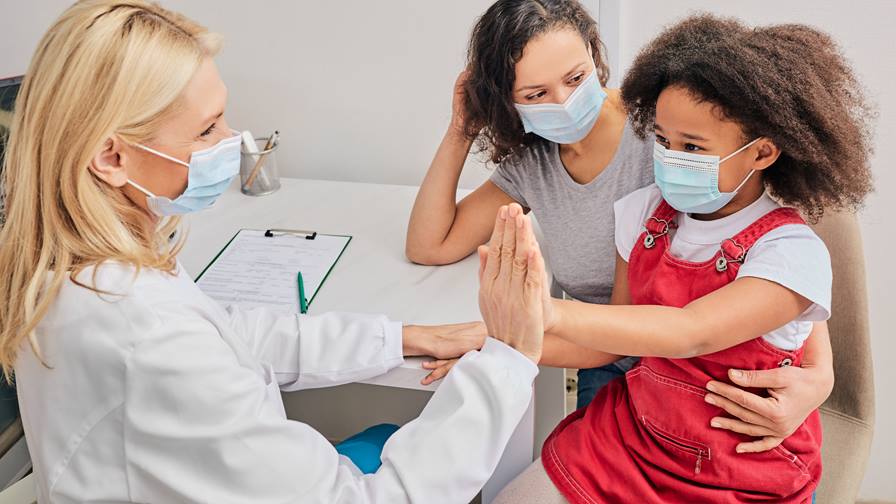
Most of our communities have transitioned back to pre-pandemic behaviors. Some have asked why we continue to follow masking guidelines in our facilities when other public facilities no longer require masking. Patients and visitors are occasionally confused by these differences and at times have responded negatively.
“Thank you for all you’ve done to compassionately respond to patients and visitors to help them understand why we use these precautions and to honor them,” says Cherie Frame, system director of infection prevention.
Why do we continue to follow these precautions?
First, it’s required by law. Healthcare settings are fundamentally different from other public spaces and must follow the CDC guidelines required by CMS and OSHA.
Second, maintaining strict guidelines is in the best interest of our patients and caregivers for many reasons:
- Our hospitals and clinics take care of vulnerable patients who are at risk of severe disease or death if infected.
- Even if peoples’ immunity came from vaccination or previous infection, newer variants of COVID-19 have higher transmissibility and are more likely to evade immune defenses than previous strains.
- We have caregiver shortages. While they could get sick outside of work, we should try to limit workplace exposure to respiratory droplets as much as possible to keep caregivers healthy and working.
- CDC guidance would allow individuals who are up to date with their COVID-19 vaccinations to be unmasked, when our community transmission levels are low. Our current transmission levels remain high. “Up to date” on COVID-19 vaccination is defined as receiving the primary series and the most recent boosters.
A reminder about guidelines that must be followed:
- All patients and visitors must mask while in care sites. Visitors may remove their mask when they’re with a patient in their room, but must mask when caregivers enter the room and any time they’re in the hallway or common areas.
- Caregivers must wear masks in all patient-facing areas, which include patient and exam rooms, hallways, cafeterias, nurses’ stations, registration, and home visits.
- When caring for COVID-unknown or COVID-positive patients, N-95/goggles or a PAPR must be worn.
- We’ll continue visitor restrictions for people exposed to COVID or who are ill. Caregivers with COVID-like symptoms shouldn’t work and should follow current Employee Health recommendations.
- Source control and physical distancing (when physical distancing is feasible and won’t interfere with provision of care) are recommended for everyone in a healthcare setting. This is particularly important for individuals, regardless of their vaccination status, who live or work in counties with substantial to high community transmission.
- All caregivers are still required to screen for COVID-19 symptoms upon arrival for their shift, as recommended by the CDC. Care sites should have a process in place (options: QR code survey, unit screening, sign-in attestation sheets, signage at points of entry.)
- Although not regulated by Joint Commission or CMS, clinics and outpatient areas do fall under the OSHA rule for COVID-19 prevention, so we maintain the same standards in those areas.
“Again, please compassionately encourage patients, visitors, and your coworkers to use these precautions,” Cherie says. “As with most caregiver guidelines related to the pandemic, we’ll watch the trends and data closely and will continue to revisit guidance in the future.”

